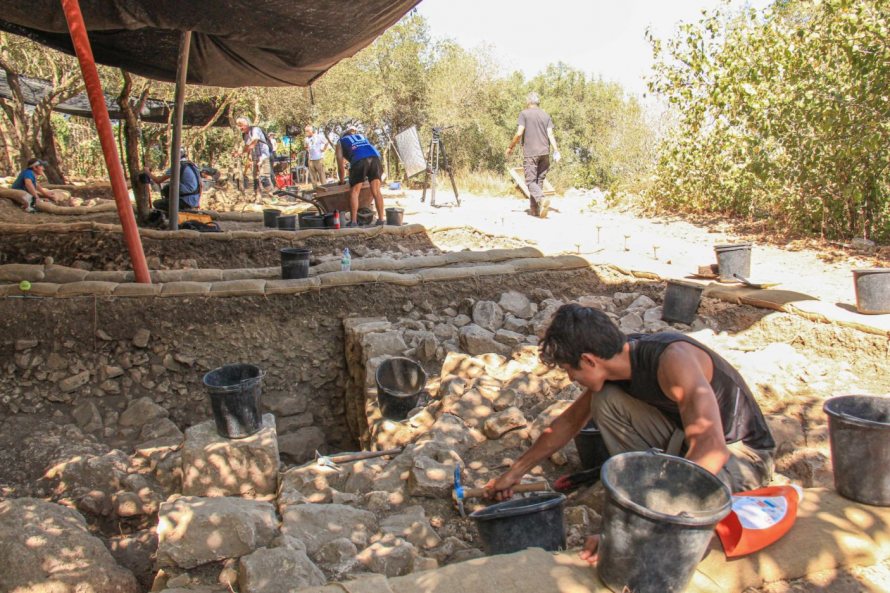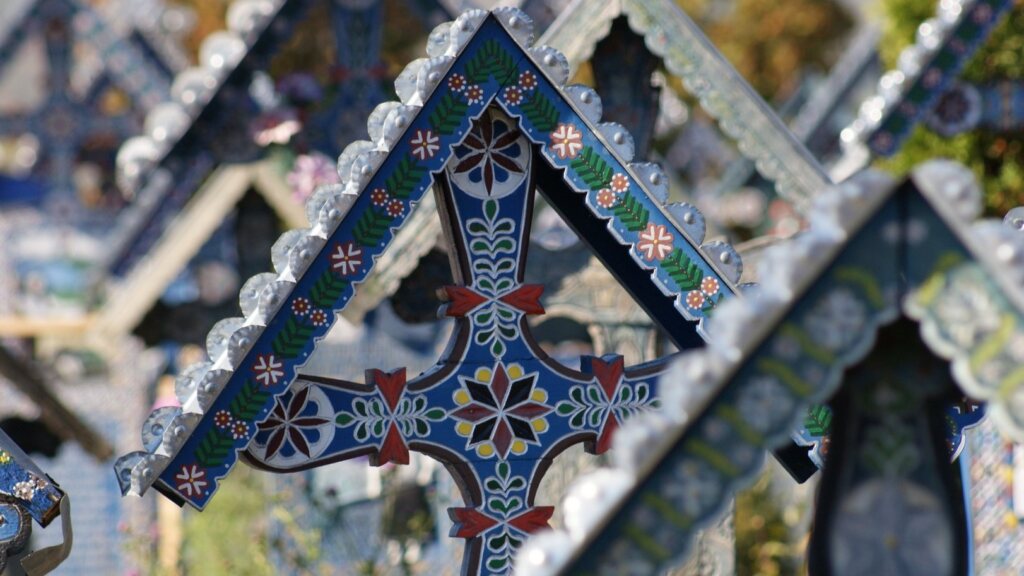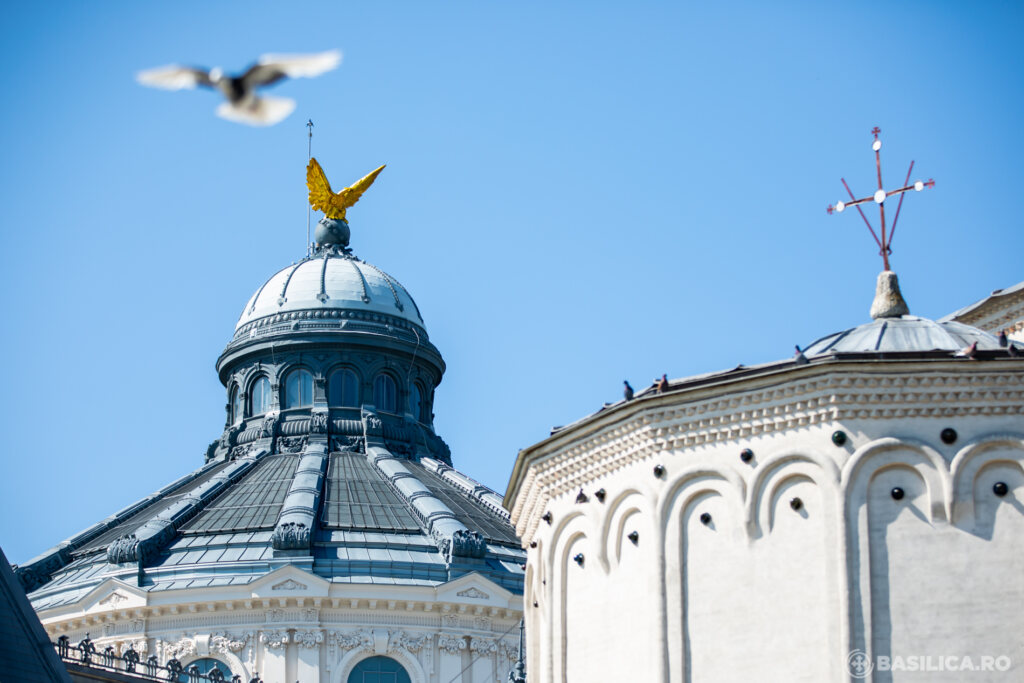Archaeologists in Israel may have discovered the Biblical town of Emmaus, which is linked to Jesus’ resurrection and the Ark of the Covenant, Fox News channel reports.
Archaeologists have uncovered the remains of a 2,200-year-old fortification at Kiriath-Jearim, a hill on the outskirts of Abu Ghosh, a village near Jerusalem.

The fortification dates back to the Hellenistic period when ancient Greek influence in the region was strong. Tel Aviv University Professor Israel Finkelstein told Haaretz that the walls were repaired during the later period of Roman rule in the first century A.D.
Finkelstein and his fellow researchers suggest that the site could be the famous Biblical town, or village, of Emmaus. According to Christian tradition, Jesus appeared to two of his apostles on the road to Emmaus after his crucifixion and resurrection.

In Luke 24:13-35 Emmaus is described as being about 7 miles from Jerusalem. This corresponds with the distance between Kiriath-Jearim, Abu Ghosh and Jerusalem.
Emmaus is also described in ancient histories as being a fortified town west of Jerusalem. The Kiriath-Jearim site is west of Jerusalem.

Kiriath-Jearim is also mentioned in the Bible as one of the places where the Ark of the Covenant stood. Last year Finkelstein and his fellow researchers reported that the site of Kiriath-Jearim is the hill on the outskirts of Abu Ghosh.
Other locations, however, have also been suggested as the site of Emmaus, such as the ancient Byzantine town of Emmaus Nicopolis and the modern village of Motza, according to Haaretz.
Photography courtesy of Haaretz / Ariel David






